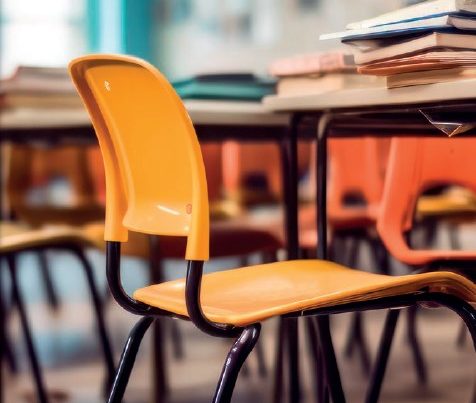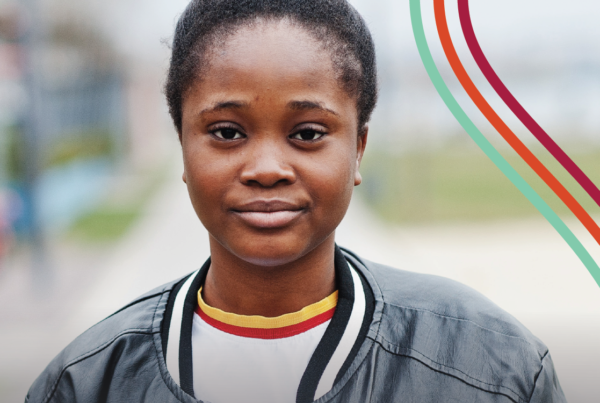Stellenbosch Working Paper Series No. WP23/2020
Publication date: December 2020
Authors: Martin Gustafsson and Carol Nuga Deliwe
Abstract:
Educational quality has been improving in South Africa, off a low base, according to international testing programmes. Yet this trajectory was fragile already before the COVID-19 pandemic. Models recently developed to understand the impact of the pandemic on educational quality, when applied to South Africa, reveal trends which are worrying. Learning losses can be expected to exceed what is suggested by actual days of schooling lost, as prolonged closures result in the forgetting of skills acquired before the closure. Depending on how successful the efforts of the schooling system and individual teachers are in catching up lost learning, below-expected Grade 12 outcomes lasting to at least 2022, and possibly as far as 2031, could be experienced. This will compromise progress in the post-school education sector, and productivity in the labour market. Two drivers of past improvements in learning outcomes seem particularly vulnerable to the impacts of the pandemic: access to educational materials by learners could be reduced as budgets are cut; and participation in pre-schools could drop as poor households become unable to pay fees. Even before the pandemic, it was clear that further qualitative improvement would require innovation in the schooling sector. Two areas of innovation should continue to receive attention in the coming years: taking to scale new methods in the teaching of early grade reading which government’s own research has found to be effective; and building better school accountability systems, within the framework offered by the National Development Plan.
JEL Classification:
I18, I21, O15
Keywords:
COVID-19, schooling, South Africa, learning outcomes







